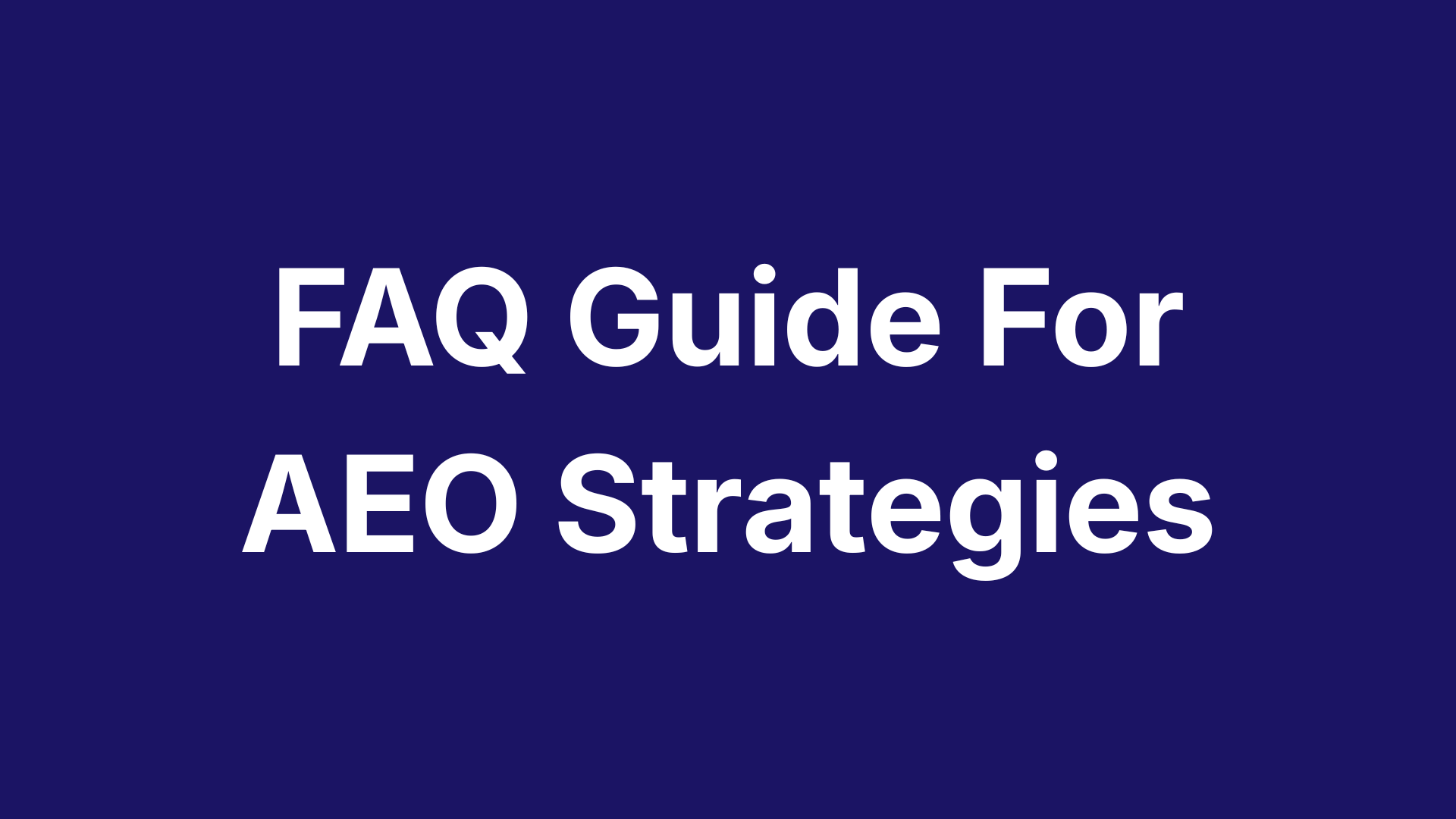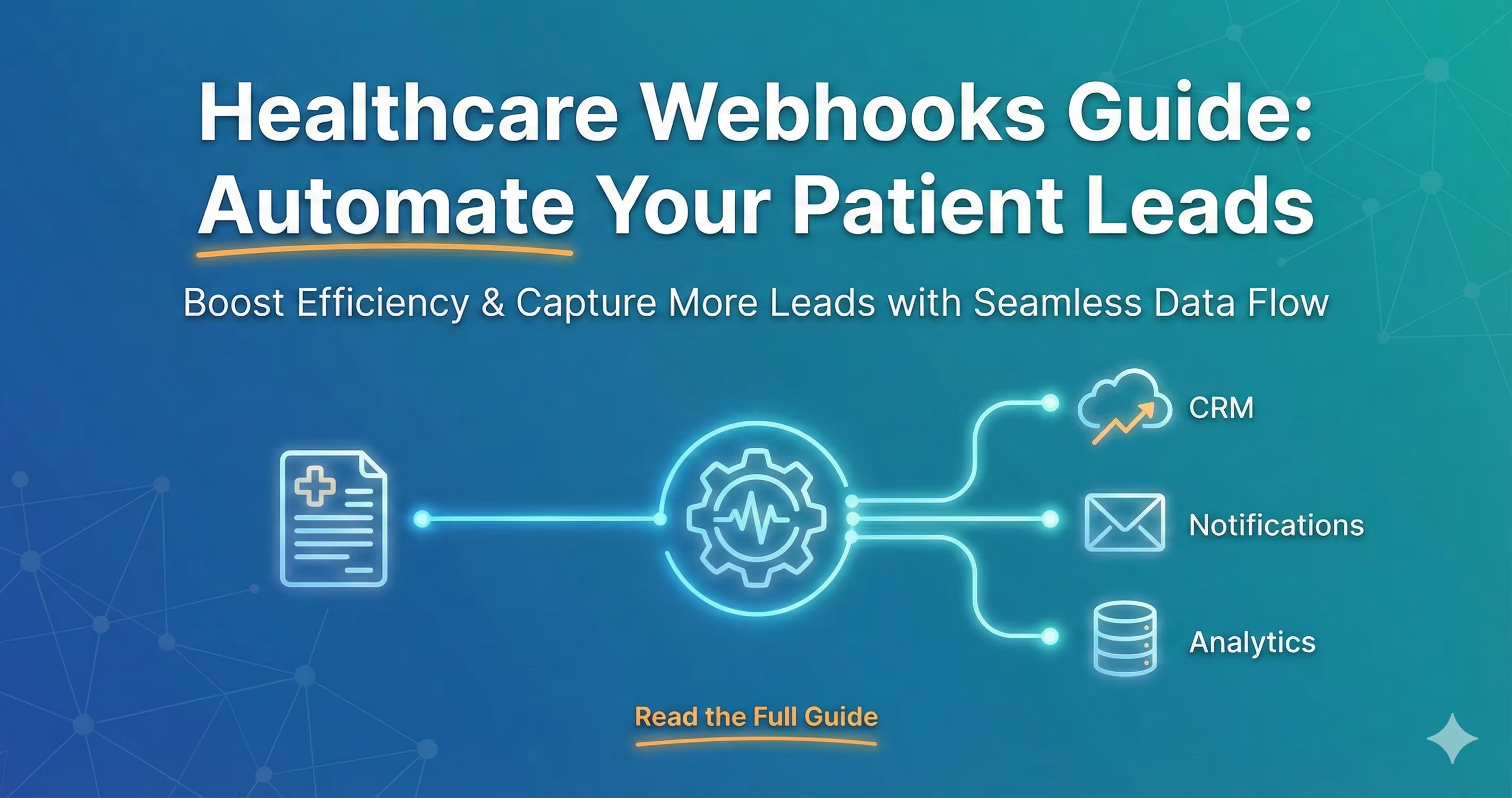Read more Articles
Keep up to date with medspa marketing strategies.

With so much information circulating about how to effectively market a medical practice, it’s easy to feel overwhelmed. Every week, a new "guru" claims you need to focus solely on social media, SEO, or paid advertising. What they often leave out, however, is just how complex these systems are to implement properly. For instance, while "running Facebook ads" sounds simple in theory, success requires detailed audience segmentation, creative design, persuasive copy, CRM integration, conversion tracking, landing page development, optimization, and more.
Rich Communication Services (RCS) is the next evolution of SMS marketing. It allows healthcare practices to engage patients with branded, interactive messages that go far beyond simple text. With RCS, messages can include images, videos, clickable buttons, appointment carousels, branding, and more. Unlike traditional SMS or even most email platforms, RCS feels native, responsive, and frictionless—because it is. It’s built directly into Android and Apple phones, so users don’t need to download an app or learn a new interface.
The effectiveness of RCS is backed by data. SMS already sees a 98% open rate, with 90% of those messages being opened within three minutes of receipt. RCS takes that to the next level. In one A/B test, Subway saw a 144% increase in redemption rate, a 50% jump in conversion rate, and a 26% increase in average order value compared to traditional SMS. RCS also outperforms email by wide margins, with up to three times higher response rates and far richer user engagement.
From a patient experience standpoint, RCS introduces a new level of personalization and credibility. Brand-verified messaging means your name and logo appear in the conversation—not a random 10-digit number. This builds trust, especially for procedures that are high-consideration or intimidating, such as liposuction, microneedling, or injectables. When a prospective patient receives a message that feels polished, professional, and clearly tied to your brand, their willingness to engage dramatically increases.
For practices considering franchising or scaling across multiple locations, consistent brand identity is crucial. RCS can play a central role by serving as the unified communication channel across locations, helping build repeat behavior and customer loyalty. And because RCS messages can be integrated directly with CRM systems, practices can segment patient types and route messages to the appropriate internal team members—front desk, care coordinators, or providers—based on content and urgency.
There are several high-impact ways to implement RCS into your healthcare marketing strategy:
First, consider conversational product demos. A patient might text in "microneedling" or "teeth whitening" and receive an interactive message showing before-and-after results, pricing tiers, or frequently asked questions. This visual format is more compelling than a block of text and far faster than requiring them to visit a website.
One of the most powerful — yet underutilized — applications of RCS messaging is visual appointment booking. Rather than sending patients a generic “click here to book” link, RCS allows clinics to embed a full booking interface directly inside the message. Patients can see provider headshots, clinic locations, and real-time availability — all without ever leaving the chat. This drastically reduces booking friction, which is one of the most overlooked conversion barriers in healthcare marketing. Many practices don’t even realize how many leads they lose simply because the scheduling process feels clunky or disconnected. By centralizing booking through RCS, even solo practitioners without advanced software can offer a streamlined, high-end experience that drives more appointments with less effort.
RCS is also ideal for automated post-consult follow-ups. After a patient visits your practice, they can receive a message asking about their experience, offering help with financing, or even providing a downloadable treatment plan. These timely, personalized messages keep the patient engaged when their interest is highest.
RCS messaging also enables short-form video campaigns that educate patients on larger treatments like Morpheus8 — all within a single, interactive message. You can include a brief explainer video, branded call-to-action buttons, and a direct link to schedule or leave a review. Because everything is housed in one seamless experience, conversion rates tend to rise significantly. Even more importantly, this doesn’t have to feel robotic. Sharing real before-and-after photos from your own practice builds instant trust and rapport — it’s one of the most persuasive things you can do to turn interest into action. In a world full of generic ads, authentic content presented through RCS can make your practice stand out in a truly human way.

For clinics with e-commerce elements—such as online product or gift card sales—RCS can support abandoned cart recovery. Imagine a patient builds a Spot UV business card or browses a post-op skincare package but doesn’t check out. An RCS message could send a personalized image preview, a checkout link, and even offer live support options.
Collecting reviews and user-generated content is also far easier through RCS. After a procedure or shipment, patients can be prompted to rate their experience, leave a review, or upload a photo—without being redirected to a separate platform. This streamlines the review process and significantly improves response rates.
For practices offering product delivery, RCS can also enhance fulfillment with live package tracking, branded updates, and estimated delivery countdowns—elevating the patient experience to feel more premium and responsive.
Another powerful strategy is gated offers based on interaction. When a user responds to a prompt like “What’s your favorite service?” they unlock a custom deal based on their answer. This turns promotions into engaging, personalized experiences.
In terms of support and onboarding, RCS makes a meaningful difference. Instead of linking out to help articles, you can guide users through troubleshooting steps inside the conversation. For new patients, RCS can present a checklist of intake forms, medical history, and policy agreements—all within the chat window.
The future of patient engagement lies in seamless, mobile-first, brand-driven communication—and RCS is positioned to lead that charge. Its ability to combine branding, automation, interactivity, and conversion tools in one native interface makes it a must-have for any modern healthcare provider.
As patient acquisition costs continue to rise and attention spans shrink, practices that invest in systems like RCS will have a clear edge. It’s not just about sending a message—it’s about delivering the right message, to the right patient, in the most frictionless way possible.
If your clinic is looking to boost engagement, increase bookings, and improve the patient experience without adding more tools to your stack, RCS might just be the most important move you make this year.
Ready to explore how RCS can work for your practice? Reach out to our team at Nexamed, and we’ll help you integrate it into a marketing system built for performance.
You’ve outgrown "basic" marketing. Nexamed builds the advanced lead-gen infrastructure your med spa needs to capture high-ticket patients and scale without the manual mess.
Keep up to date with medspa marketing strategies.

